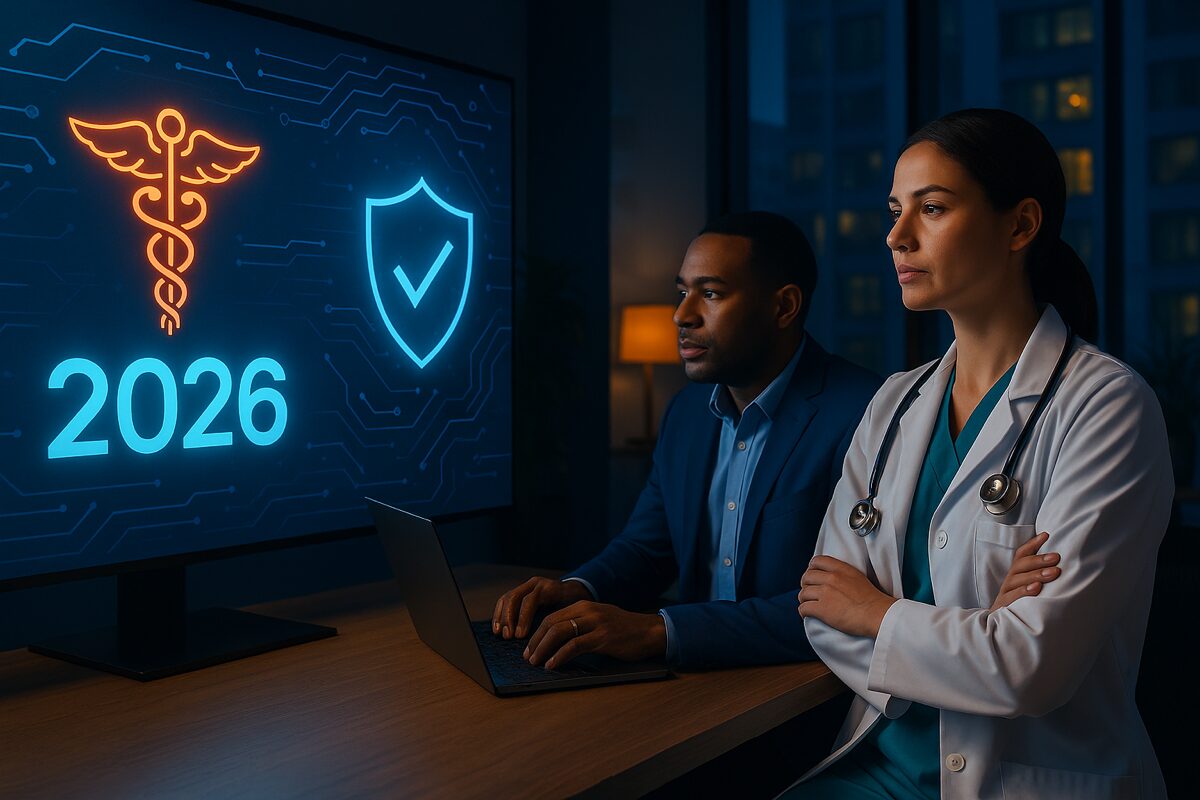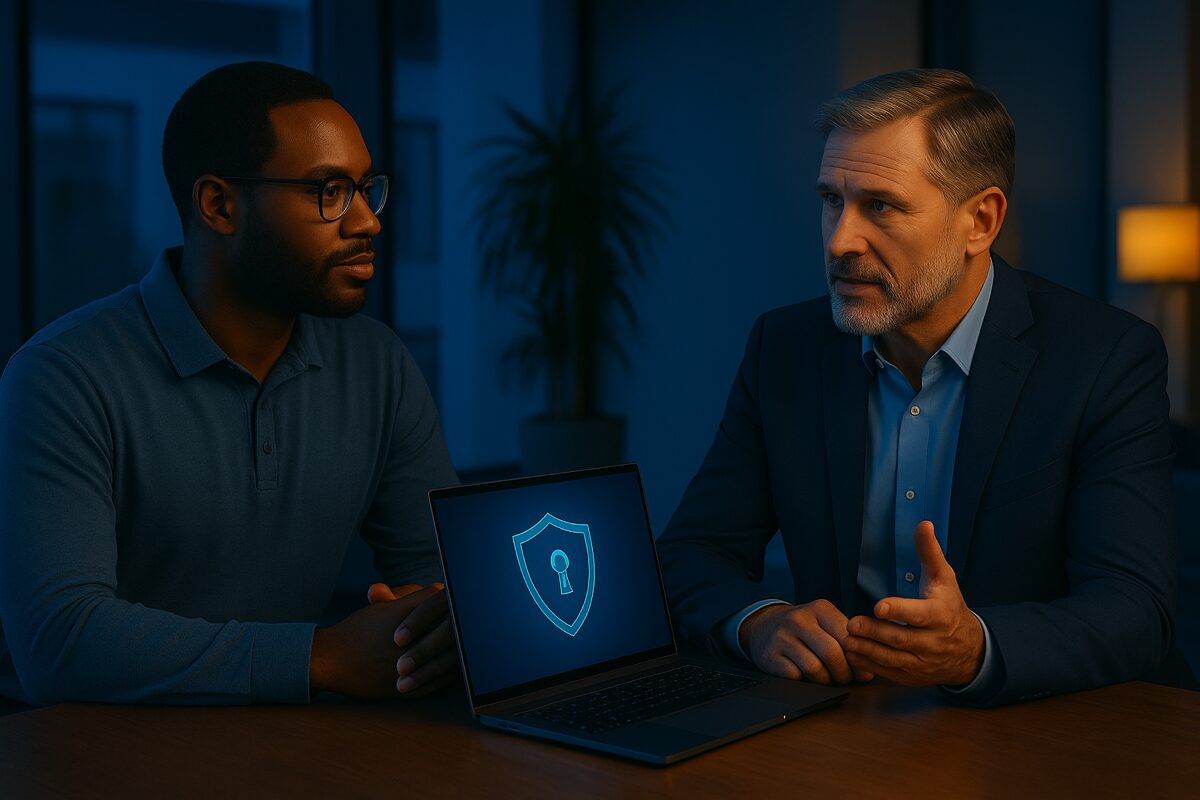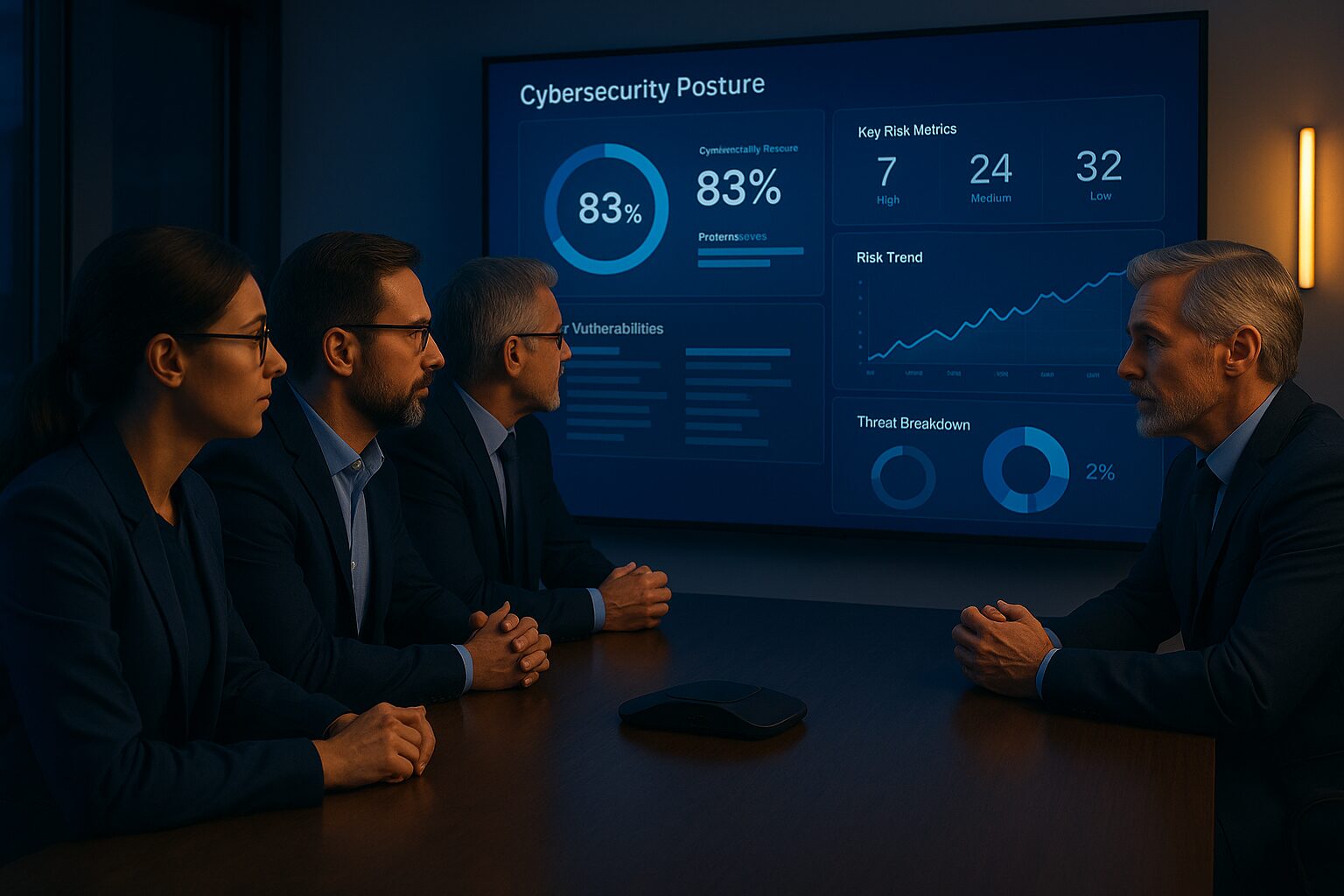Managed IT services play a pivotal role in enhancing the efficiency, security, and overall technological well-being of a modern senior living community, ensuring seamless operations and a heightened quality of life for residents.
Summary
Senior living communities exist to create a healthy, supportive, and pleasant environment for older adults. Aligned with this mission is maintaining a positive human connection between the staff and residents they serve. Information technology plays an important role.
Without functioning technology, anything from managing electronic health records (EHRs) to communications becomes difficult to sustain. As such, services at these assisted living communities rely on efficient IT support.
Typically, staffing focuses on quality care to ensure residents lead the best quality of life. Since being an expert in IT infrastructure is not required, a managed service provider (MSP) can fulfill this role.
Managed services can help senior care communities achieve a seamless IT environment. MSPs support operational efficiency, enhance communications, and strengthen cybersecurity.
The Importance of a Seamless IT Environment
Staying current with the latest technology advances is crucial to running a senior care facility. In practice, this requires streamlining how everything, including the network, operating systems, and Wi-Fi, performs. Seamless technology ensures a reliable, accessible, and secure environment for your residents and staff.
Ideally, your focus is on the best health, safety, and communication practices for residents’ well-being. For residents, the focus is wanting a sense of independent living and freedom in their private rooms or apartments. Both can be accomplished through a streamlined approach that includes:
• Strategic alignment: Avoid the temptation to add technologies to have the latest and greatest. Instead, make sure new systems and applications support your business goals and technology needs.
• Seamless integration: When there is a benefit to system upgrades, look for ways to maintain a seamless operation. A managed service provider can handle all aspects of integrating your IT infrastructure with new devices and technologies. This covers network management, cybersecurity, and automation.
• Train users: Your IT solutions provider can also offer training classes for residents and staff. This may include onboarding new employees during orientation to ensure proficient and consistent use of data solutions. Additionally, everyone will know how to use their devices properly and safely when connected to the network.
Revolutionize Operational Efficiency
Like other healthcare organizations, EHRs are essential for senior living facilities. These systems maintain key clinical data such as medications, lab work, and treatment plans.
Therefore, your facility needs technology that will analyze, connect, store, and secure medical histories in the system. The right IT solutions will support your administrative processes so you can achieve operational efficiency.
This requires technology that allows your staff to communicate with other providers. Expertise in IT communications is necessary to properly set up connectivity and collaboration technologies without disrupting your IT network.
Additionally, senior facilities management is important for keeping track of residents and their activities. With the right MSP, you can have software and IT platforms to optimize workflows. Managed IT services professionals provide the tech support to maintain your infrastructure.
They deliver data center services, communications, and networking capabilities.
Follow HIPAA Compliance To Safeguard Resident Information
Because senior living communities have hoards of medical information, safeguarding sensitive resident information is a priority. Protecting resident data must also align with industry regulations such as HIPAA compliance.
Appropriate ways to implement safeguards may include safety filters to prevent data breaches. Being hit with malware attacks puts your assisted living facility at risk of receiving regulatory fines. Close monitoring with help desk tech support adds to the risk mitigation measures you receive from managed services.
Thus, having a HIPAA-compliant IT infrastructure involves specific procedures and actions that protect sensitive healthcare information.
Access Controls
Ensure access controls are in place and log all activity for systems that house electronic protected health information (ePHI). Typically, your MSP can help you craft a response plan for minimizing damage after a security incident.
Limited Physical Access
Requiring the use of photo IDs and biometric devices can limit access to infrastructure components. An activity log with real-time access can track the comings and goings of authorized personnel and family members visiting their loved ones.
Intrusion Detection
Network security tools are part of the IT services you can expect from managed providers. These systems monitor all network traffic to ensure an immediate response to malicious activity. Ideally, firewalls are installed to protect the HIPAA environment.
Data Loss Prevention
Software dedicated to data loss prevention should align with your policies for protecting ePHI. Procedures should automate the handling and transmission of health information.
Robust Cybersecurity Measures
One important goal for all senior living operators is to create a secure living environment. Therefore, securing personal and medical information requires as much attention as ensuring that older adults are cared for properly.
A managed services provider understands the specific needs of senior living facilities. A data breach could result in lost or stolen resident information. This situation could lead to two serious issues: it might put residents at risk of medical insurance fraud and prevent your staff from making appropriate treatment decisions. This puts the health and welfare of your residents in jeopardy.
Data security, compliance, and privacy are paramount to caring for residents. Therefore, care providers need robust cybersecurity measures in place. These are crucial to protecting your IT networks and, by extension, residents against data breaches, malware, and performance issues.
Typically, managed IT service providers will implement measures such as:
• Antivirus software
• Data backups
• Encryption
• Firewalls
Key Benefits of Managed IT Services
Like other organizations responsible for storing information, long-term care facilities are at risk of ransomware and other hacking tactics. Continued growth of retirement communities and long-term care facilities will give cybercriminals more targets.
Consequently, you require seamless solutions to support operational efficiency and improve care. Your facility’s team of caregivers focuses on delivering premium care to residents. The comprehensive approach of managed IT services optimizes your IT infrastructure with four key benefits.
1. Reliable IT Infrastructure
Dedicated IT support helps to eliminate or minimize disruptions and downtime if an issue occurs. Managed IT providers tailor services to the specific needs of your facility. They ensure smooth and secure operation of billing, scheduling, medication management, and EHR systems.
2. Network Monitoring
Proactive monitoring fills in the gaps in internal IT resources to ensure the networks are effectively maintained. MSPs can identify potential security exposure before the problem escalates. Real-time monitoring can increase the overall reliability of your network systems.
3. Data Management
Managed service providers know that the ability to streamline operations is critical to running thriving senior living communities. Your staff can optimize the allocation of resources, track occupancy rates, and reduce costs without compromising resident care.
With data-driven insights, you can improve workflow processes by eliminating operational bottlenecks. You ensure seamless operations with faster decision-making, reducing expenditures and improving patient outcomes.
4. Continuity of Care
Having a backup and disaster recovery plan not only keeps your administrative systems active but also ensures resident care is not interrupted. Whether it is a natural disaster or an online security breach, you need the assurance that recovering resident data occurs as quickly and thoroughly as possible.
Elevate Residents’ Quality of Life
The ultimate goal of senior living operators is ensuring resident satisfaction. Elevating the overall quality of life of your residents should guide every decision. Accomplishing this requires protecting them from elder fraud and other targeted schemes.
Partnering with a managed IT services provider helps to ensure technical protections are in place. The provider will complete assessments of your current infrastructure and recommend installing updated networks and devices.
Included with the right IT security solutions is teaching older adults how to avoid cyber attacks. While an MSP protects shared servers and databases, it can also show residents how to prevent malware from infecting their devices.
A unified technology ecosystem also helps your staff gather valuable insights into resident needs. Reports can show resident preferences and usage patterns that inform areas of improvement. Your team can make data-driven decisions that directly enhance resident experiences.
Managed services eliminate having to juggle multiple interfaces and systems. Instead, your provider delivers comprehensive services to improve residents’ lives. Emergency systems and entertainment options are just two ways to create a holistic living environment.
By doing so, your residents enjoy a sense of belonging. They are not challenged with navigating different systems. Instead, your MSP can implement and maintain a cohesive system that seamlessly caters to their specific needs.
Senior Living Managed IT Services: Work With a Trusted Partner
As the leader of IT management for a senior living community, keeping sensitive data secure is a constant priority. While having a full-time department covers some technology needs, managed service providers can offer state-of-the-art solutions. Meriplex is ready to become your security partner.
Part of our managed services includes expert help desk support to protect your facility 24/7. Additionally, we provide network, cloud, and cybersecurity services to safeguard your IT infrastructure from growing threats.
Meriplex has onsite and remote IT professionals who can help with HIPAA compliance for securely managing and sharing healthcare information. At the same time, our monitoring service gives residents stable connections to enhance their social lives and daily routines.
Contact us to learn more about how our team members can enhance the technology at your resident care facility.



